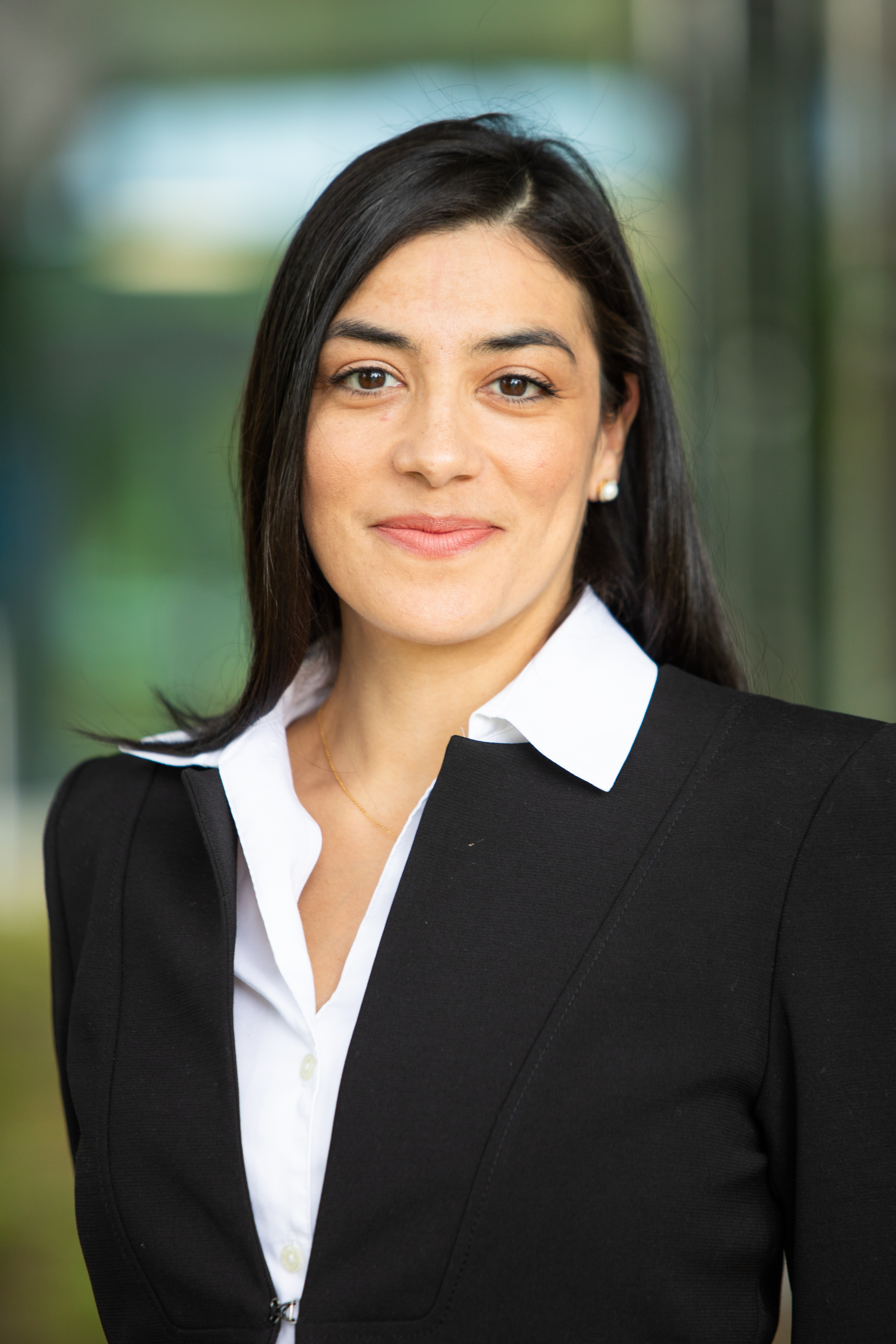Participatory science has opened opportunities for many to participate in data collection for science experiments about the environment, local transportation, disaster response, and public safety where people live. The nature of the collection by non-scientists on a large scale carries inherent risks of sufficient coverage, accuracy and reliability of measurements. This project is motivated by the challenges in data and predictive analytics and in control for participatory science data collection and curation in cyber-physical systems (CPS) experiments.
Good algorithmic foundations for flight planning on the scale required for managing dense urban drone traffic we can expect to see in the future are currently still missing. This project provides prototype algorithms for managing this dense drone traffic. The project develops a concept for a coordination system that is able to find collision-free paths for a large number of flying unmanned air vehicles of different size and capability. It uses a hierarchical approach, combining centralized and local coordination, to manage complexity for a large-scale problem.
Complex engineered systems that can adapt to their environments while maintaining safety guarantees are crucial in many applications including Internet-of-Things, transportation, and electric power systems. The primary objective of this project is to develop a scalable design methodology to control very large collections of systems to achieve common objectives despite cyber and physical constraints.
This project tackles the following question: "Can a network of mutually-distrusting devices perform resilient inference and computation while detecting anomalous behaviors despite heterogeneity in the types of data they sense, the networking technologies they use and their computational capabilities?" The context is the increasingly pervasive Internet of Things (IoT) with low-power end users or sensors relying on edge devices to process their data, and possibly the cloud.


